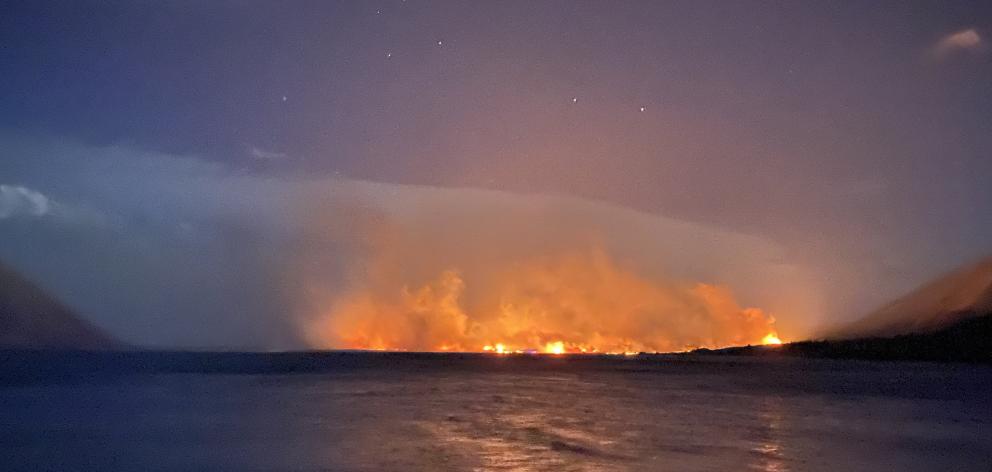
Scion fire and atmospheric sciences team lead Hugh Wallace said because the past few years had generally been wet, people were "likely to be complacent" and fire would not be front of mind when fire risk was high.
"Because most fires in New Zealand are human-caused, changing what we do during high or extreme conditions can make a big difference on how many fires we get and their impact."
Niwa has said the strong El Nino weather pattern that has developed in the Pacific brings an increased risk for abnormally dry conditions in New Zealand, particularly in the north and east.
Niwa meteorologist Ben Noll last week said it appeared notably windy conditions were on the way.
Fire and Emergency New Zealand national wildfire specialist Tim Mitchell said with the variability of spring, there would be "a see-sawing of fire danger risk".
However, as summer approached, there would be increasing risk in the east coast of both islands, down into Central Otago, he said.
Mr Wallace said the seasonal fire outlook through to next month showed the potential for more fires east of the divide from Eastern Tasman south to Central Otago and Dunedin, and even the northern edges of Clutha, Southland and the eastern edge of Queenstown-Lakes.
However, concern should focus on at-risk conditions rather than at-risk areas, Mr Wallace said.
"Most people understand that super hot drought conditions mean risk of fire, but with the El Nino, windy conditions are a big risk."
Wind could quickly dry fine fuels such as grasses and needles, even shortly after rain when people were usually more relaxed about fire risk.
Climate change was a factor, expected to result in more days of very high or extreme risk, "with the highest increase in areas that currently experience fewer fires".












